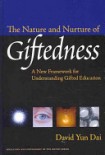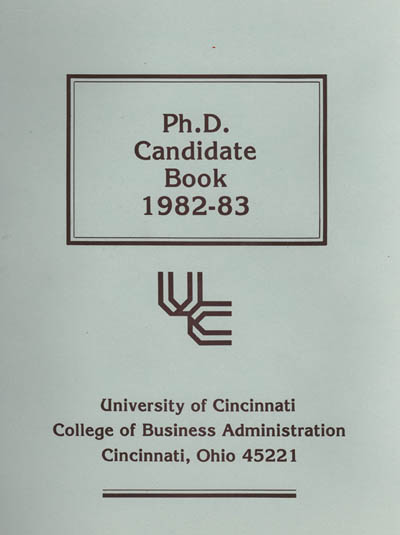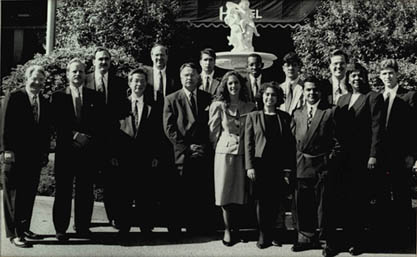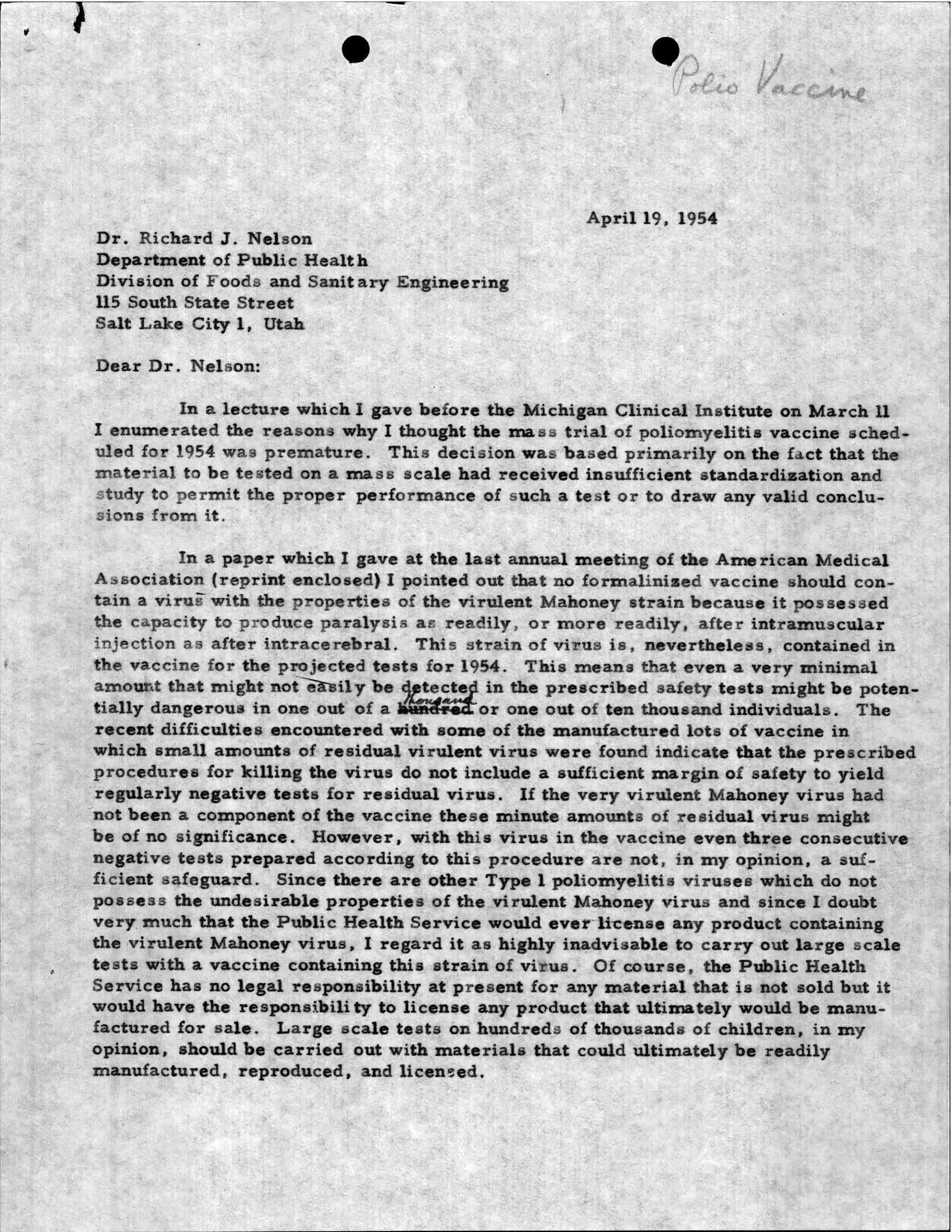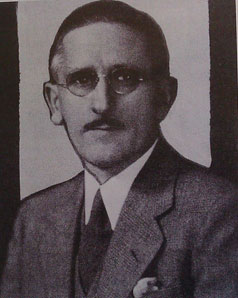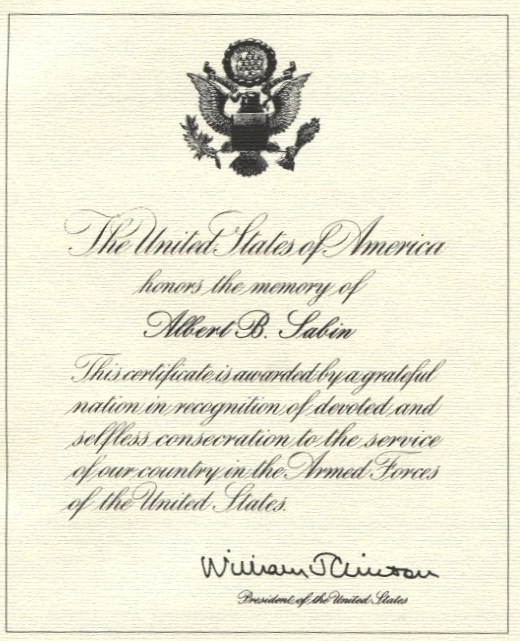UC Libraries recently purchased the eBooks collection on the SPIE Digital Library platform. Find these at http://spiedl.org/ebooks (UC Central Login required to view off-campus). For now, please utilize the SPIE link for direct access. Access via the UC Library catalog and the Summon search system is forthcoming.
SPIE is one of the world’s foremost non-profit societies in the field of light research. The eBook collection includes more than 150 titles from SPIE Press. Dating from 1989 to 2012, these titles include field guides, reference books, and tutorial texts in the field of optics and photonics.
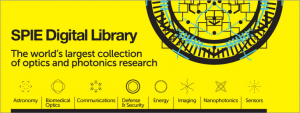
Subject coverage for SPIE eBooks and the broader SPIE Digital Library includes:
- Astronomy & Astronomical Optics
- Biomedical Optics and Imaging
- Communication and Information Technologies
- Defense and Industrial Sensing
- Electronic Imaging and Processing
- Micro- and Nano- Technologies
- Optics and Electro-Optics

